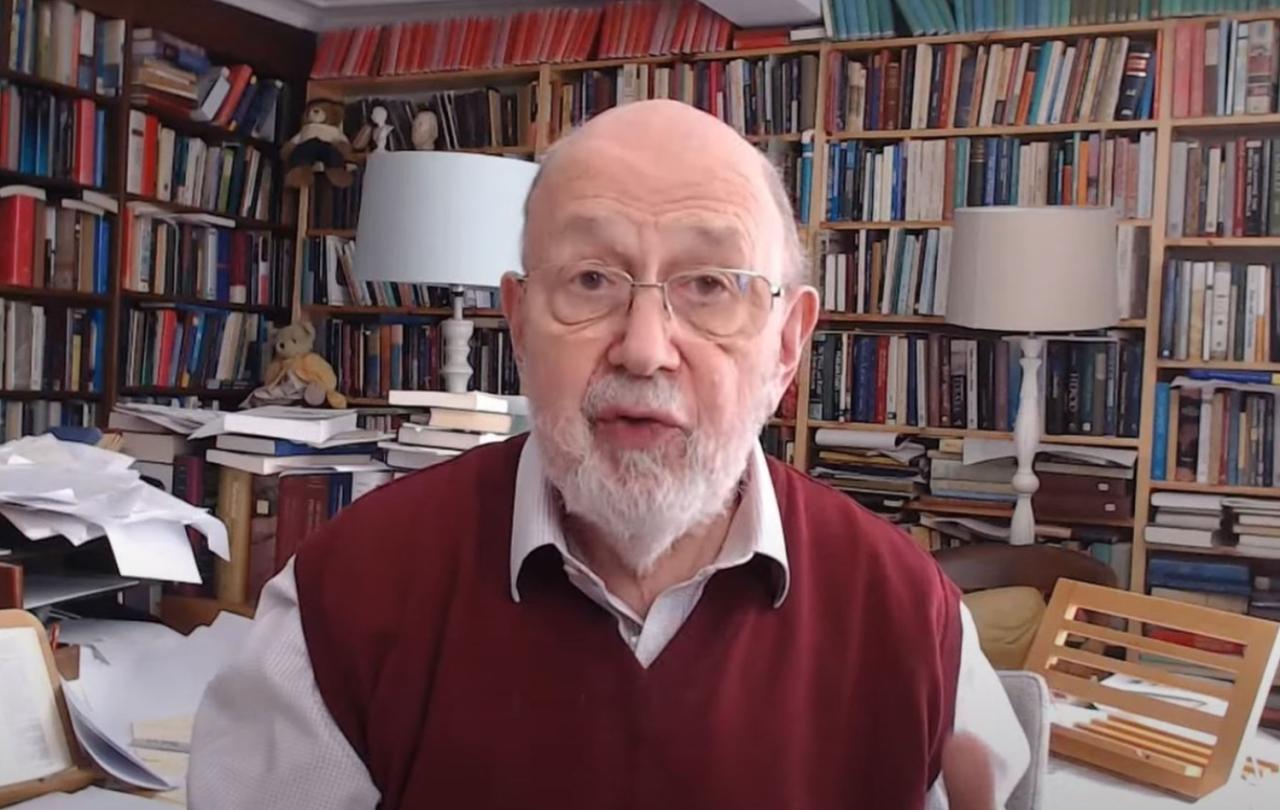As the focus of the crisis in the middle east shifts from Gaza to Lebanon, and as the anniversary of the October 7th attacks comes round, a look at the narratives that surround this conflict helps chart a way forward.
At the heart of the Middle Eastern crisis involving Israel, Gaza and now Lebanon, are two very different stories.
One of them goes like this.
Israel is the only properly functioning democracy in the Middle East. It is a sanctuary for the Jewish people who over centuries, and around the world, have experienced extraordinary levels of persecution and discrimination. As a small country it has bravely established itself over the past 76 years as a haven of liberal, democratic freedom and prosperity despite the hostility of its neighbours, such as the Iran-backed Hezbollah in Lebanon. The Hamas attacks on October 7th 2023 were an unprovoked murderous assault on innocent citizens, the butchery and savagery of which was unprecedented in recent times. Hamas and Hezbollah both represent an Islamist ideology which has been a recurring thorn in the flesh of all democratic states, and which has taken root in Gaza and Lebanon. Israel's response of attempting to drive out such a deadly enemy from neighbouring states is entirely justified and reasonable. Any country faced by neighbours dedicated to its destruction would do much the same. Yes, there are civilian casualties in the conflict, but there always are in war. To oppose Israel’s campaigns in Gaza and Lebanon is in fact to lend covert support for terrorism, and a form of antisemitism, because it challenges the right of Israel, and the Jewish people, to self-determination and self-defence.
Yet there is another other story, which runs thus: At the time of its founding in 1948, the pioneers of the state of Israel committed an original sin which has plagued it ever since - its expulsion of much of the indigenous Palestinian population from the land in the Arab-Israeli conflict which followed the founding of the state. Ever since then, Israel has sought to subjugate the remaining Arab population, treating Palestinians within its territory as second-class citizens. Since 1967, it has illegally occupied the West Bank and Gaza, denied Palestinians basic rights of civic equality while enabling and encouraging Jewish settlers to gradually steal land which is recognised by the United Nations as Palestinian. Within Israel and the Occupied Territories, Palestinians find it harder to get building permits, to find jobs, to be properly represented in parliament or to have opportunity for education. Therefore, it is not surprising that that the simmering resentment such treatment provokes leads to occasional resistance such as in the intifadas of the 1990s and 2000s, the election of Hamas in Gaza, and even the attacks of October 7th. Israel regularly accuses anyone who criticises its policies of antisemitism, using it as a shield to hide its mistreatment of the Palestinian minority. It has used the occasion of the October 7th attacks to launch a massive assault on Gaza and now southern Lebanon, regardless of the civilian casualties. The result is, at least in Gaza, a humanitarian disaster which will takes, years, even decades to resolve.
Which of these narratives do you believe? Depending on a whole set of other commitments you probably resonate with one or the other. If you are more left leaning you probably favour the Palestinian account. If your instincts are more right-wing you will tend to favour the Israeli one. And I’m sure you can pick holes in the opposite narrative if you want to.
Christians fall on both sides of this debate. Christian Zionists tend to see the emergence of the State of Israel as a fulfilment of Biblical prophecy that God would one day bring the Jewish people back to the land from which they were exiled in the distant past. Supporters of the Palestinian cause point to the Bible’s injunctions towards justice, its regard for the poor and oppressed, and to Israel’s Old Testament calling to look after the alien within their nation. Surely Israel has a duty to treat the Palestinians within their borders as equal citizens?





